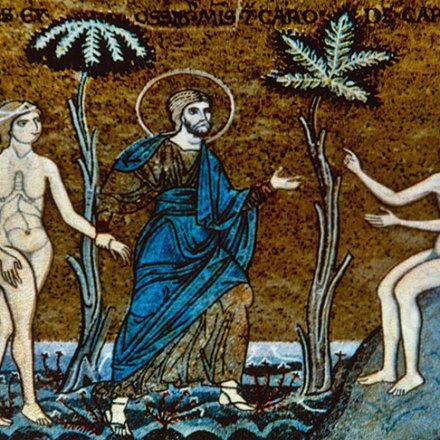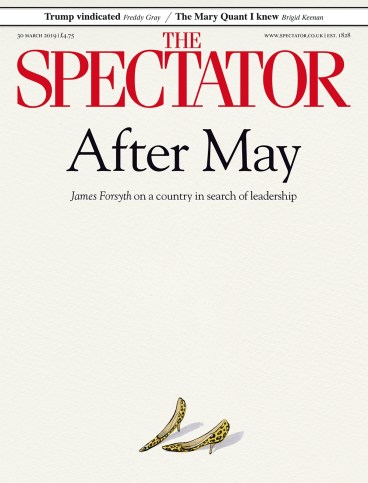How to read the Bible
In this careful study of the sacred texts of Judaism and Christianity, John Barton, former Oriel and Laing professor of the interpretation of holy scripture at Oxford University, tells us that the OUP sells a quarter of a million Bibles in the King James or Authorised version every year. He doubts if many of them











